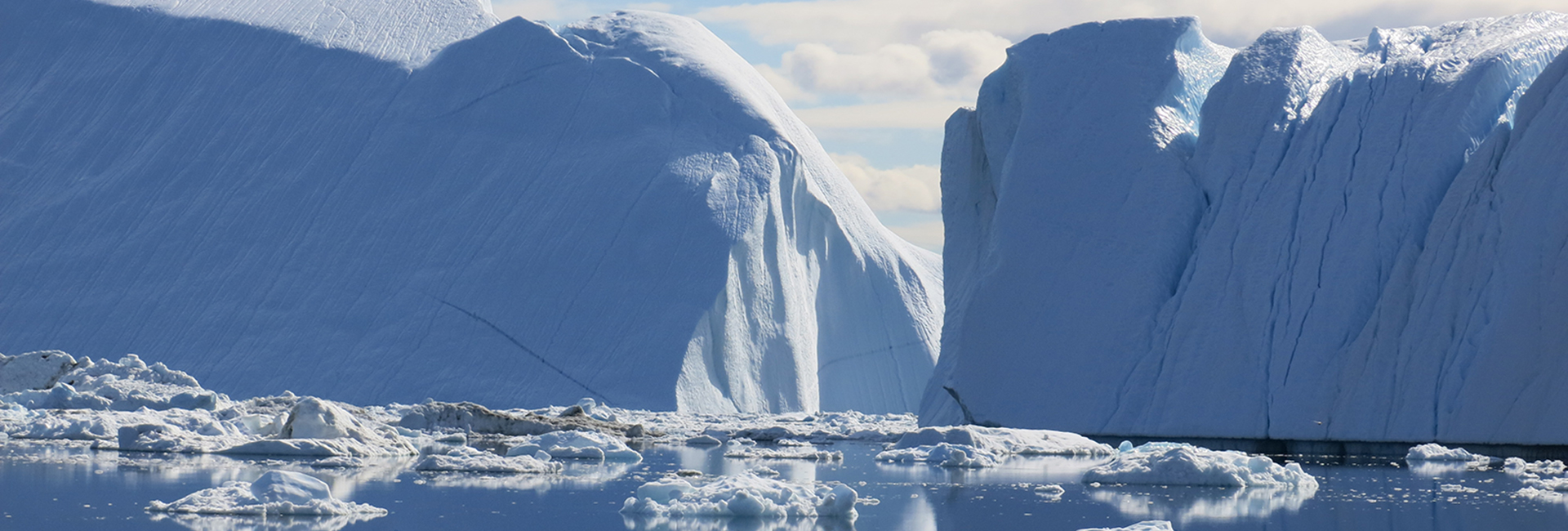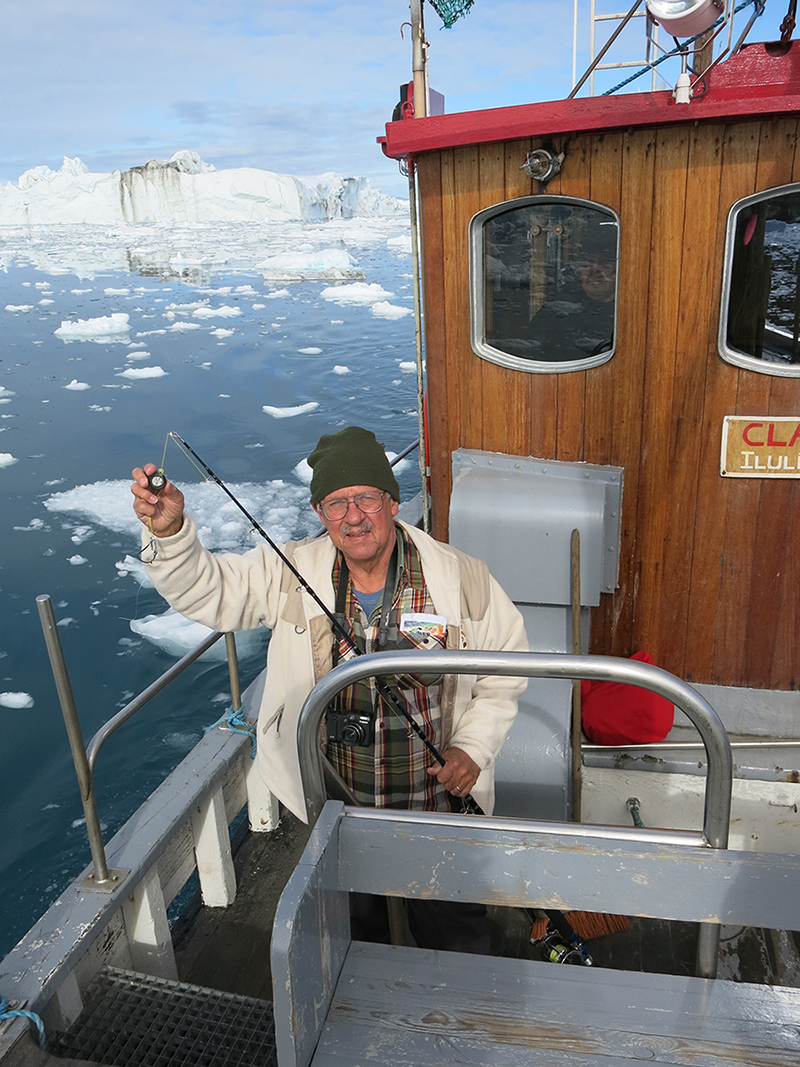

UM Professor Harold Wanless, a longtime climate change advocate, created a climate leadership training seminar held annually with local nonprofit The CLEO Institute.
A paper by Harold "Hal" Wanless and Peter Harlem begins, "It's been happening so slowly that most of us are missing what may become the most awesome display of the century. Sea-level is rising."
Although it read like this morning's news, the paper was published in April 1981.
Wanless, professor and chair of the Department of Geological Sciences at the University of Miami's College of Arts and Sciences, has been writing and talking about climate change and sea-level rise for more than three decades. He started pointedly discussing the anthropogenic nature of our changing climate in the mid-1990s, and has been quoted extensively in news reports for years.
In addition to speaking out on climate change issues, Wanless wants to provide the tools to others to be effective communicators. In 2011, as part of the Cooper Fellow Training Series, Wanless founded the Advanced Climate Leadership Training Series: Empowering Capable Climate Communicators. The event has been held annually ever since.
The goal of Empowering Climate Communicators is to provide deep understanding of the hard science of climate change and how to properly communicate this to others. Climate change is overwhelming to many and can force the non-science minded to tune out. However, creating awareness of climate change issues is key to promoting greater solutions, Wanless says.
About the Photo
The glaciers in Greenland are calving and melting at an unprecedented rate.
Join the Conversation
Follow on Twitter:
UM College of Arts and
Sciences, @UMCAS
The CLEO
Institute, @CLEOInstitute
University of Miami, @univmiami
UM News, @univmiaminews
Glacial melting was the most discussed topic. Warming, and thus expanding, oceans are causing increased glacier melting at the waterline. Adding to the rate of melting are increased levels of black carbon on ice, which accelerates heat absorption.
The training also focused on providing tools, tips, and tricks for effectively communicating climate change. Speakers and communication experts showcased a diverse set of perspectives and included an interfaith leader, a climate lobbyist, NGO and climate activists, two local mayors, and a social-entrepreneurial 16-year-old high school student.
The communication experts described the importance of understanding your audience when discussing climate change. Caroline Lewis, founder and director of The CLEO Institute (CLEO is an acronym for Climate Leadership Engagement Opportunities), said you "need to be able to talk for two hours or two minutes on climate change science and solutions."
Knowledgeably advocating for the environment is crucial, Lewis says, because "there is no Planet B."
- Jessica M. Castillo / UM News
